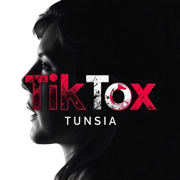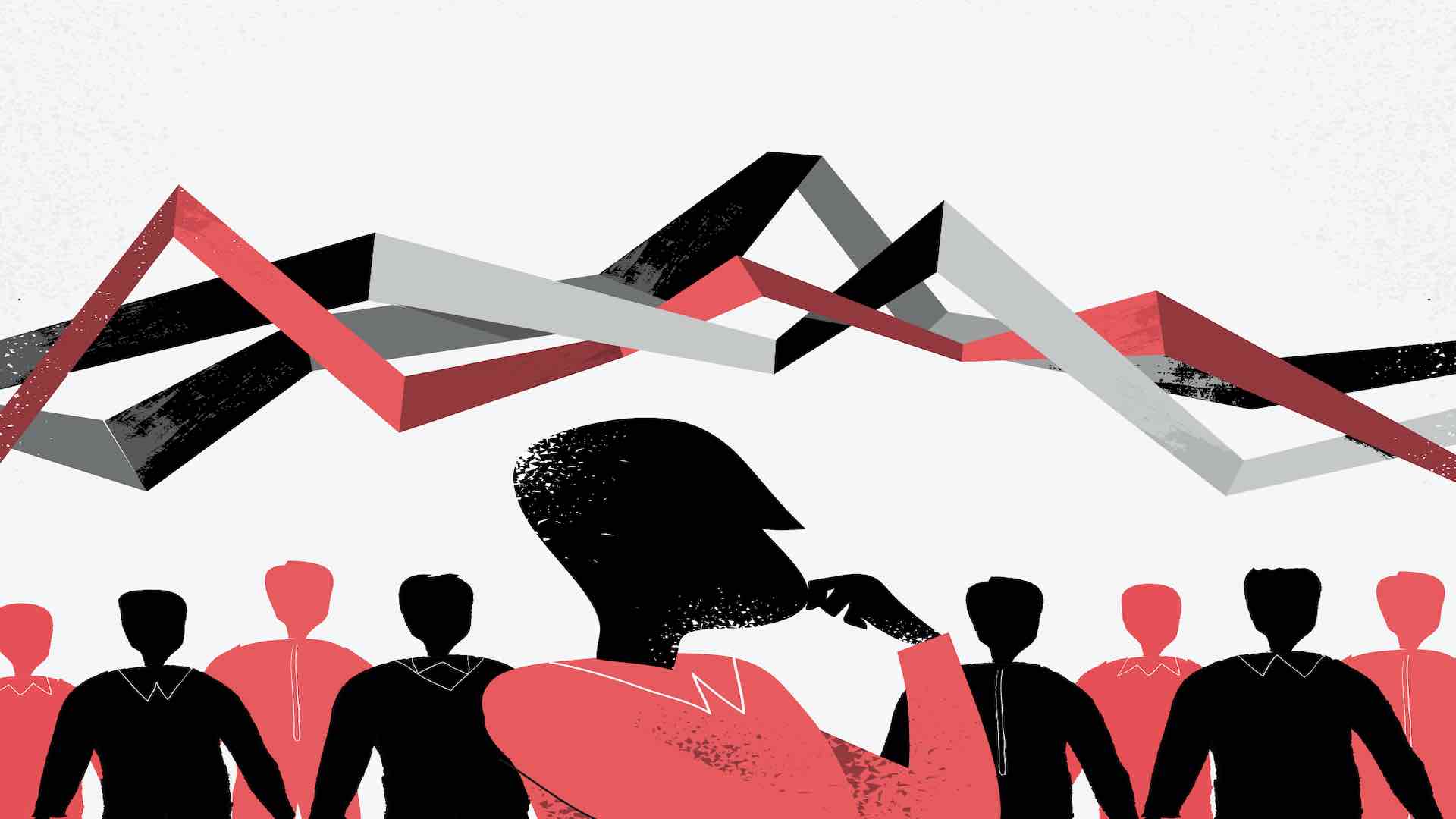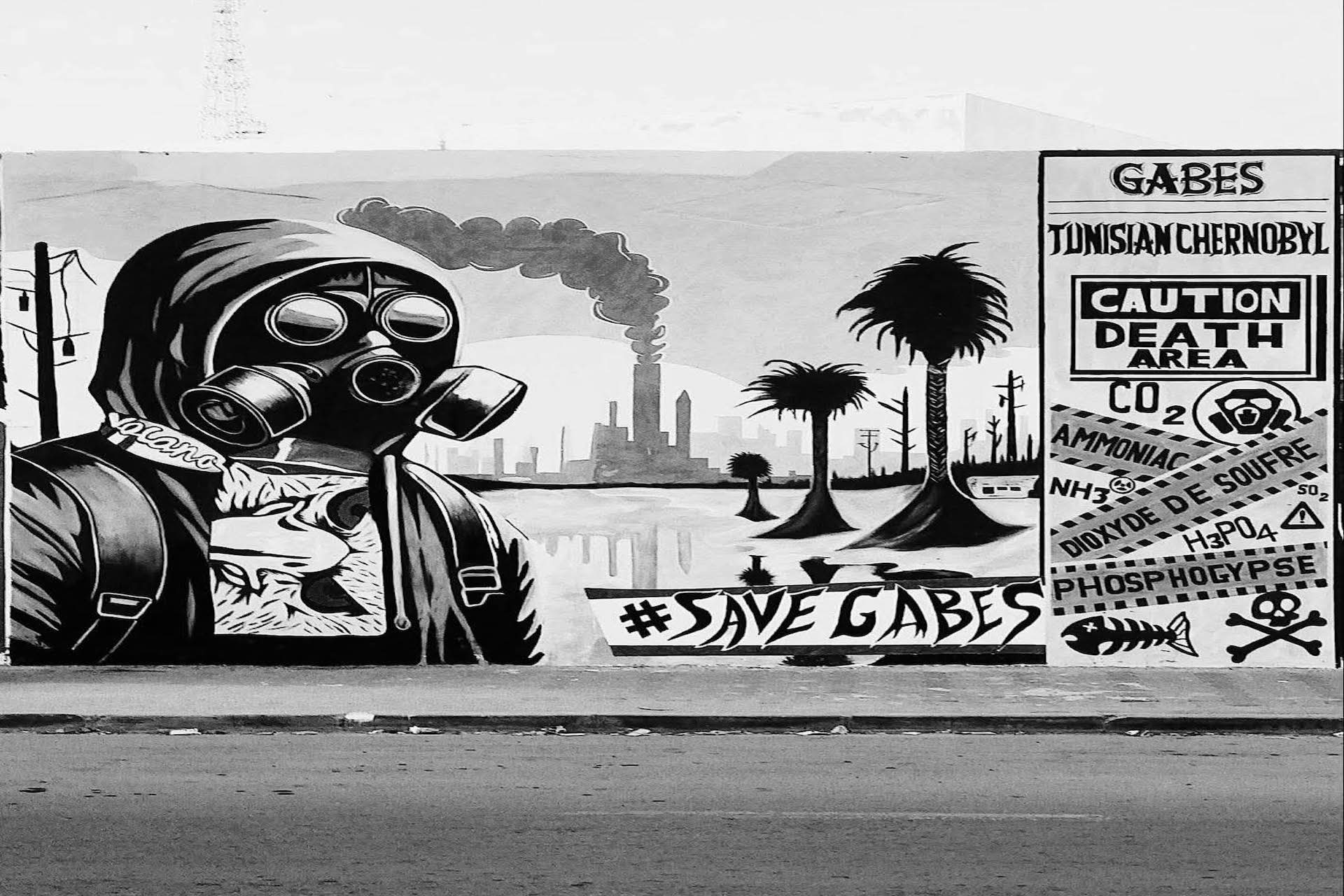Fraud & Scam Alerts on TikTok Tunisia: Protect Yourself
Learn how to identify and avoid fraud and scams on TikTok Tunisia, protecting yourself and your followers from financial and digital risks.
Introduction
TikTok has revolutionized social media in Tunisia, but alongside its rise comes a growing wave of scams and fraudulent activities. From fake donations and account impersonations to phishing attempts, Tunisian users are increasingly at risk.
This article provides a comprehensive guide on recognizing fraud, avoiding scams, and maintaining safety on TikTok, with special focus on Tunisian legal and social contexts.
1. Understanding Fraud on TikTok
Fraud on TikTok can take many forms:
- Impersonation accounts – Fake profiles pretending to be famous streamers.
- Donation scams – Requests for gifts or money under false pretenses.
- Phishing links – External links asking for personal information.
- Fake competitions – Promises of prizes in exchange for donations or account details.
These schemes exploit trust, popularity, and sometimes the inexperience of young users.
2. Common Scam Tactics in Tunisia
Tunisian TikTok users report several recurring patterns:
- Cloned accounts – Scammers copy a streamer’s profile, including videos, to mislead followers.
- Fake donation requests – Users impersonate streamers, asking for donations outside TikTok’s official channels.
- External financial scams – Requests to pay through unverified apps or international transfers.
- Clickbait phishing links – Links promising “free coins” or “exclusive rewards” that steal passwords.
Awareness of these tactics is the first step to protection.
3. How to Protect Yourself
Users can follow these practices to avoid falling victim:
- Verify streamer accounts – Look for official verification badges.
- Avoid external links – Never enter personal or financial info outside TikTok’s platform.
- Report suspicious activity – Use TikTok’s reporting system to flag scams.
- Educate young users – Teens should understand the dangers of online fraud.
- Monitor donations carefully – Ensure that all gifts and transactions occur through official channels.
4. The Legal Perspective in Tunisia
While TikTok itself is a global platform, Tunisian law applies to users within the country. Fraud and scams are subject to criminal penalties under Tunisian Penal Code, including:
- Article 263 – Fraud and deception punishable by fines or imprisonment.
- Article 80–82 – Internet-based crimes, including phishing and illegal financial activities.
- Consumer protection laws – Protect citizens from deceptive practices and unauthorized transactions.
However, enforcement is challenging because scams often involve international perpetrators. Cooperation between Tunisian authorities and TikTok is essential to effectively combat fraud.
5. Case Studies and Examples
Several high-profile incidents in Tunisia highlight the risks:
- A popular streamer lost thousands of euros to impersonation accounts.
- Teenagers were tricked into sending donations to fake accounts promising “exclusive access” to celebrities.
- International scams used Tunisian users’ accounts to launder small sums of money via TikTok’s gifting system.
These cases show the importance of vigilance and education.
6. Role of the Community
The TikTok community itself can help prevent fraud:
- Share alerts about known scams.
- Support safe practices among followers and friends.
- Promote verified content to reduce the influence of fraudsters.
Community awareness is one of the most effective tools against deception, especially among young users.
7. Recommendations for TikTok and Authorities
To combat scams effectively, several measures are recommended:
- Platform verification enhancements – Strengthen identity checks for high-risk accounts.
- Transparent reporting – Make it easier for users to report scams and receive responses.
- Legal frameworks – Update Tunisian laws to address digital donation fraud.
- Education campaigns – Launch initiatives to teach safe digital behavior.
Conclusion
Fraud and scams on TikTok Tunisia pose a serious threat to users and the platform’s reputation. By combining awareness, education, and legal measures, both users and authorities can minimize these risks.
For streamers, ensuring that donations come from legitimate sources and reporting suspicious activity is crucial. For viewers, vigilance and knowledge about common scams can prevent financial loss and digital harm.
TikTok in Tunisia is a vibrant and growing platform, but safety depends on the responsibility of the community, streamers, and authorities working together.














